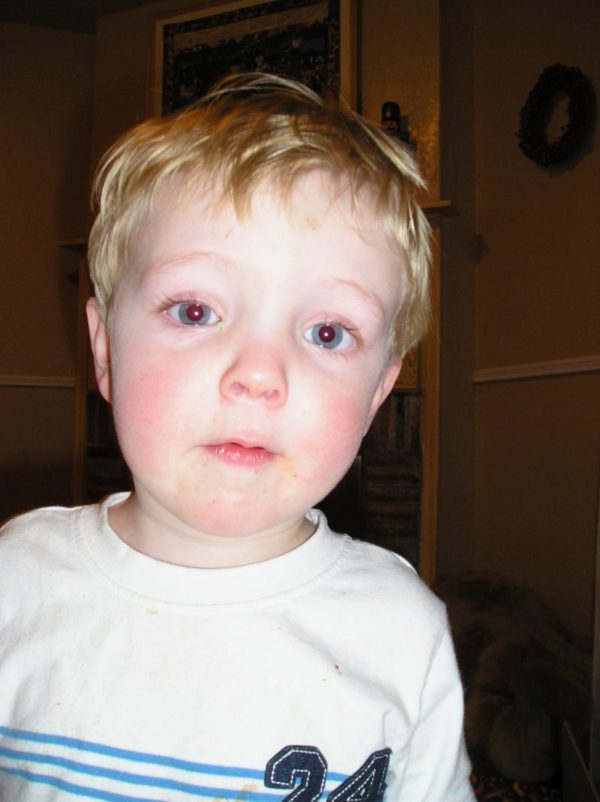When my son was very young, he developed a fascination with electrical outlets.

Yes, yes, we used the outlet covers, and, yes, yes, inevitably, he’d find the one recently used outlet where we’d forgotten to replace the cover.
It all stopped, though, the night he decided to see what would happen if he put tweezers in the bathroom outlet where I’d just been drying my hair. After a loud crack and a scream, we found him on the other side of the room in a heap, unharmed, but wiser. He never went near another outlet again with small metal objects.
By trial and error, cracks and screams, it could be said that we learn what to fear and what not to fear.
The Savior Jesus teaches again and again to fear nothing. In Luke 12 alone, he teaches on fear three times. “I tell you, my friends, do not fear those who kill the body, and after that can do nothing more” (12:4), and again, “Therefore, I tell you, do not worry about your life” (12:22), and again, “Do not be afraid, little flock, for it is your Father’s good pleasure to give you the kingdom” (v. 32).
But, my son needed to fear electrical outlets, didn’t he? Fear is good, isn’t it, if it keeps us safe?
No.
To fear something or someone is to give it power over us–at times, more power than God. Raw fear cripples us. It makes enemies of friends, and it rips neighbors apart. Raw fear makes us stupid.
The “fear” that keeps a two year old from sticking tweezers in an electrical outlet for the second time is something very different. It’s called caution.
There’s no word translated caution in the Gospels, but instead what we find is watchfulness, a guarding of what’s important to us. The word phylasso means to keep, to guard, to beware, and it most famously appears in the most famous of stories:
“And there were shepherds living out in the fields nearby, keeping watch (yes–phylasso) over their flocks at night” (Luke 2:8).
Might they have feared the wolves that would harm their flocks? Of course, but they didn’t. Instead, they soberly assessed the risks, ventured forth, exercised caution as they guarded their flocks, and watched with slack jaws as God showed up in their midst.
I’m hearing accusations of fear being thrown around like darts these days of pandemic. Staying home? “Don’t be sheep.” Wearing a mask? “I won’t be scared.” Practicing distancing? “You don’t trust God.”
It strikes me as a fundamental misunderstanding of the difference between fear and caution. Caution isn’t fear, and fear erases caution. Caution keeps our hearts open to those wide, amazing moments of God’s splendor in our midst: the kindness of strangers, the kinship of neighbors, and the never-ending providence of God, who shows up in all His glory in the midst of our ordinary lives. Fear would close our eyes. Caution keeps them open.
My son is 17 now. He doesn’t stick tweezer in outlets anymore, and he’s had no more near electrocutions. My prayer for him now as he approaches adulthood is that he will be bold and cautious, courageous and careful.
It’s a prayer I might pray for us all.



MJ. I can’t even find the best words to express how much your article affected me. And the amazing thing is I really needed to read this at THIS moment. Proof that God truly does know what we need and comes to help through those around us. Thank you for being you
God is good, and I’m so grateful that my late night ramblings were a balm. And wasn’t Karl the cutest kid? Ah the years. Love to you and the girls!